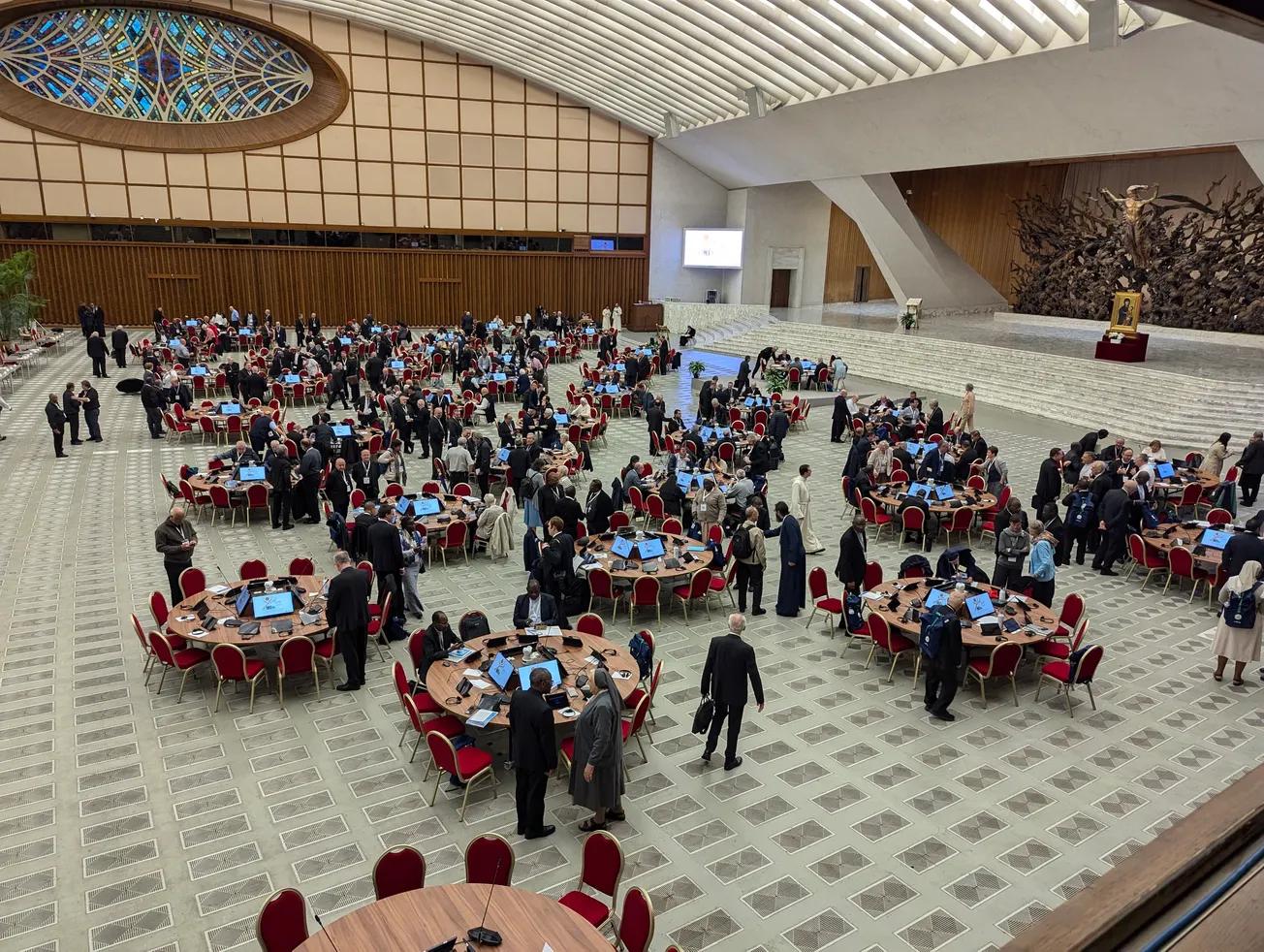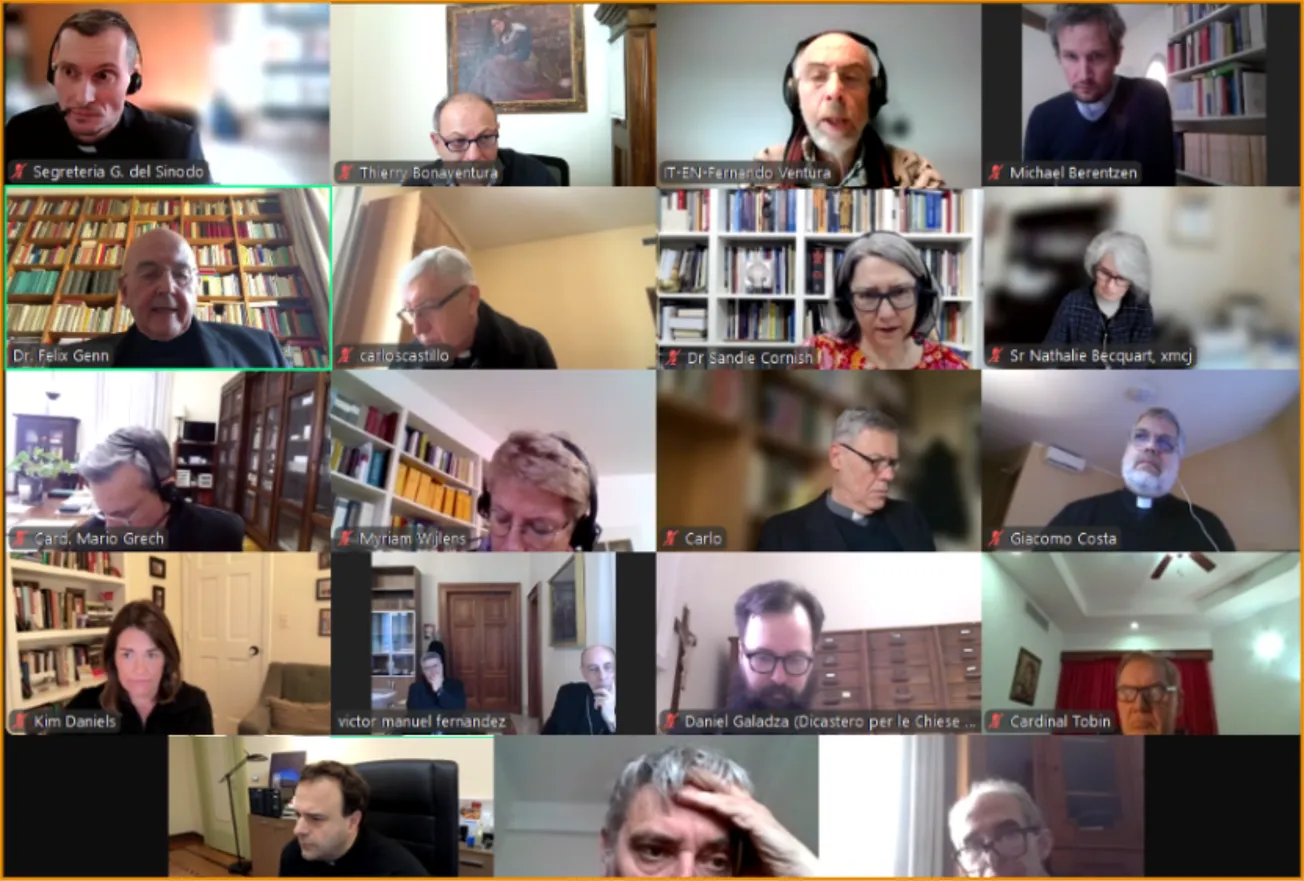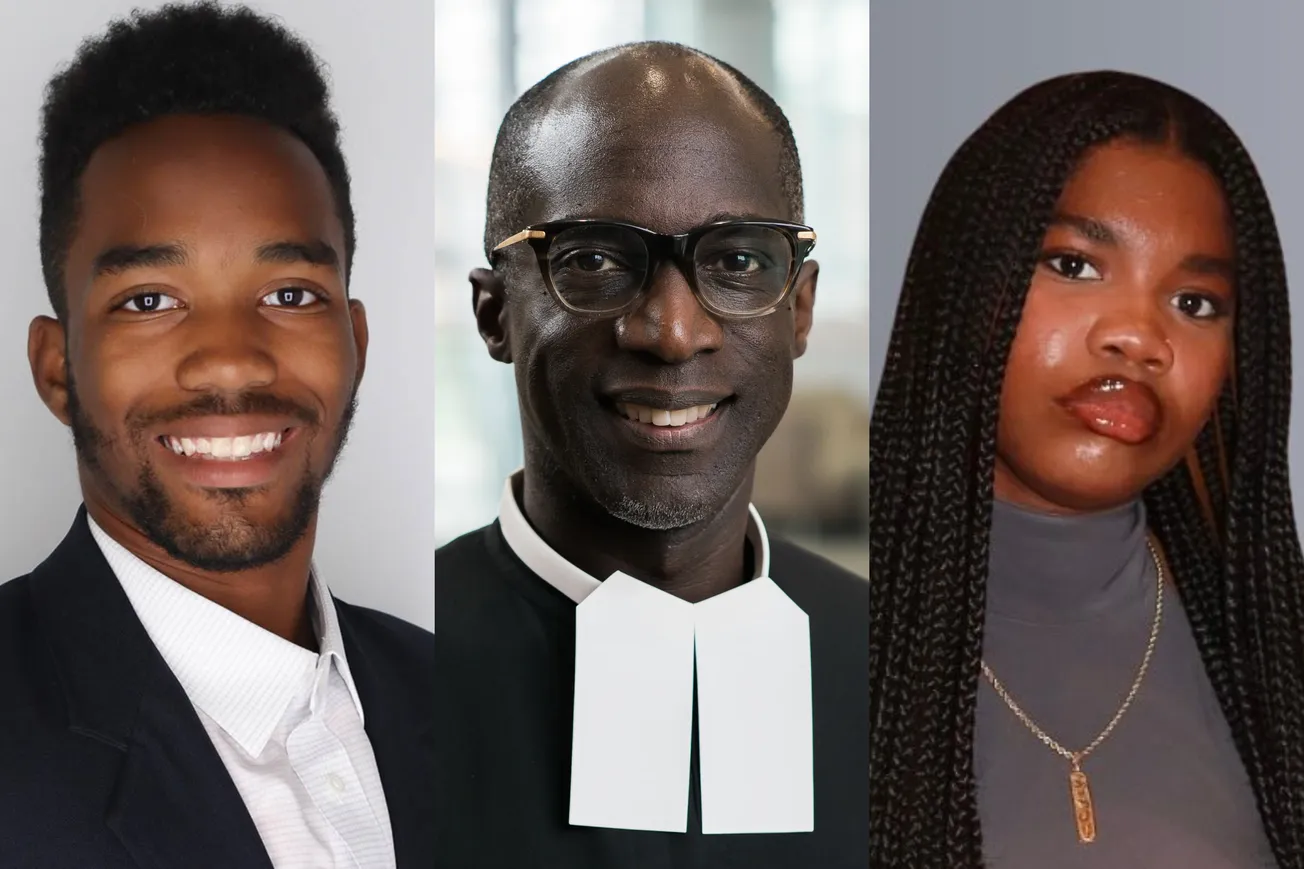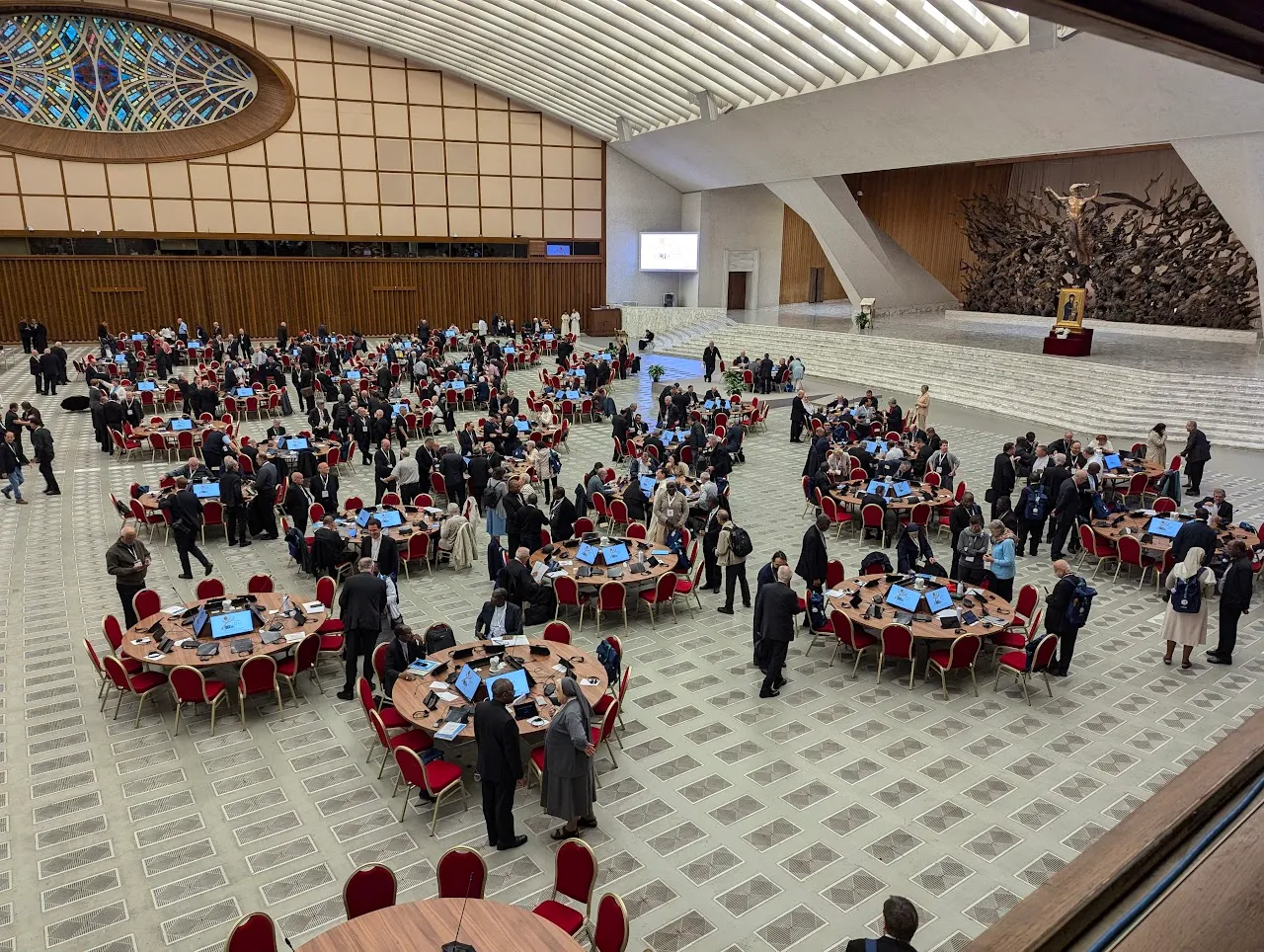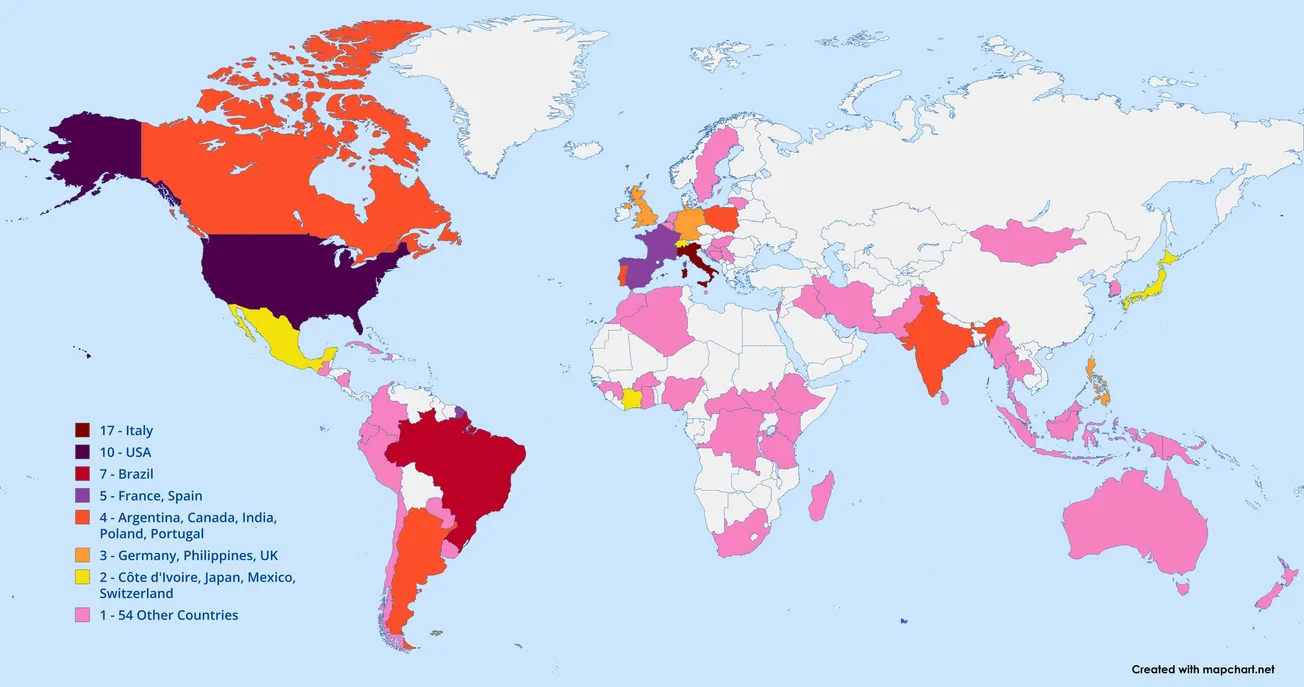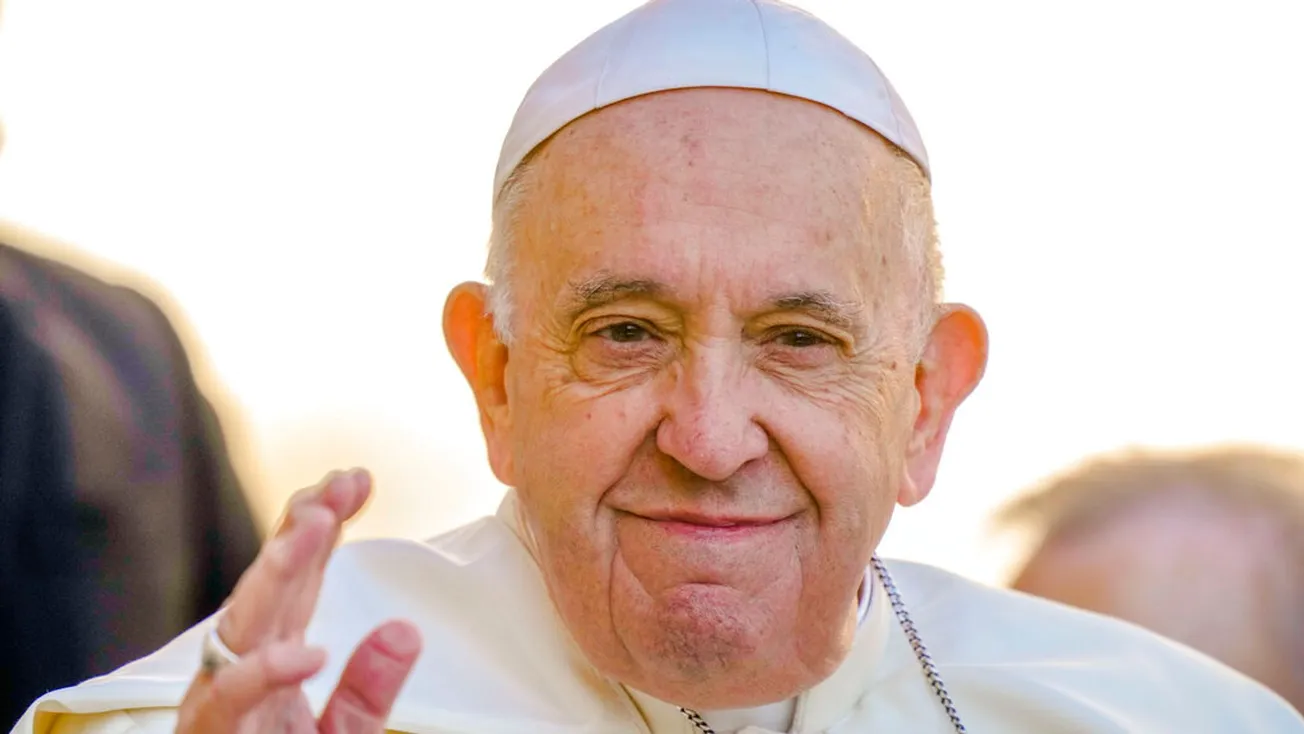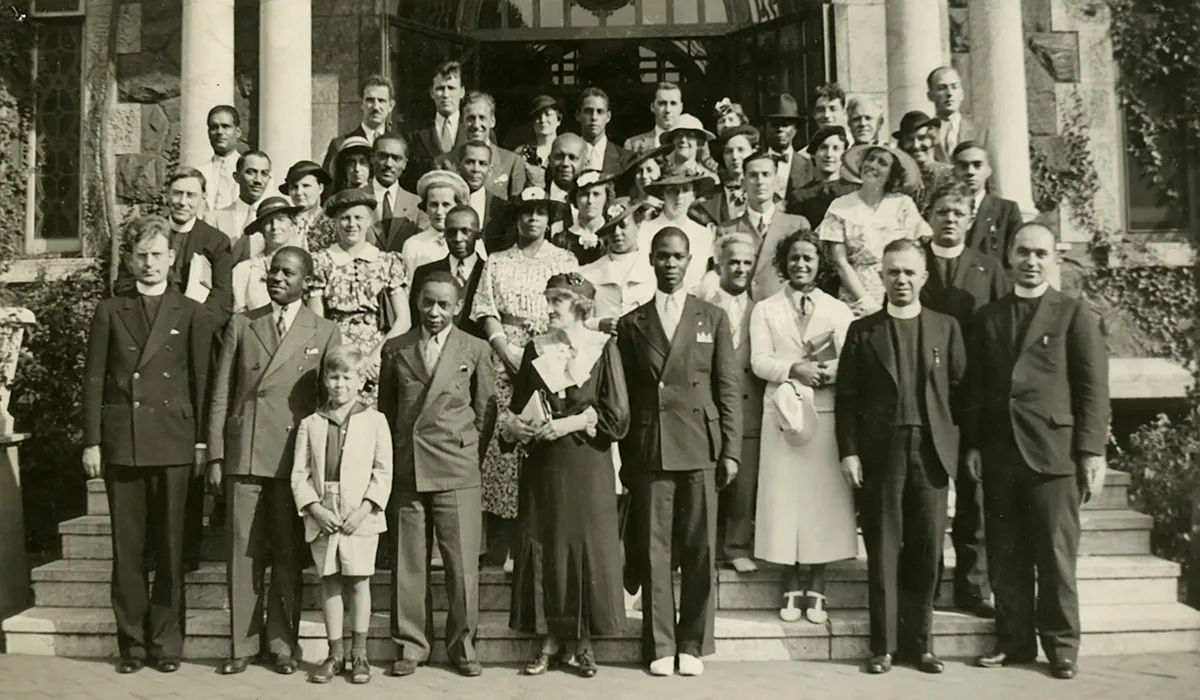The picks are in for the upcoming landmark Synod of Bishops in Rome, approved by Pope Francis and including prelates from around the world alongside—for the first time—voting lay men and women.
The list of more than 450 for the “Synod on Synodality” includes 363 voting members. They will begin the first of two meetings in October 2023, followed by a second assembly in 2024. This Ordinary General Assembly of the Synod of Bishops, occurring every few years and meant to represent the global Catholic Church, was modified for this iteration so as to include two years of listening sessions, synthesizing, and planning before the main gatherings begin this fall.
The penultimate stage of the years-long process, continental gatherings that published syntheses of their respective countries’ gathered information, concluded in March. A working document (Instrumentum Laboris) formed by the Synod’s General Secretariat in Rome was released on June 20.
“[It] will remain the Synod of Bishops,” said the synod’s general secretary Cardinal Mario Grech, in a press conference on Friday announcing the list of participants, which he said will soon be expanded even further.
Among the crop of voters are two African Americans, Cardinal Wilton Gregory of Washington, who is known as a close advisor to the pope, and Dr. Cynthia Bailey Manns, a spiritual director, parish staff member, and professor residing in Minnesota.
Gregory, appointed directly by Pope Francis, became in 2020 the first African-American cardinal in Church history and is currently a member of the Vatican’s Dicastery for the Laity, Family and Life. He has served as Archbishop of Washington since 2019 and celebrated 50 years of priesthood earlier this year.
Dr. Manns, 65, is currently the director of adult learning at St. Joan of Arc Catholic Church in Minneapolis and is among ten voting members appointed to the synod by the North American continental assembly leaders. She was a participant in their virtual sessions and called the experiences “wonderful.”
“The challenge for us is to get out of the way and let the Holy Spirit do what it does so well. I expect there will be a lot of lives changed at the end of the process. I hope I will come out different, too,” she said of the upcoming gatherings in Rome, in an interview with The Catholic Spirit from the Archdiocese of Minneapolis-St. Paul.
Archbishop Bernard Hebda in a statement released after the Vatican announcement of her appointment, congratulated Bailey Manns on the prestigious honor, calling her a “superb listener and articulate dialogue partner.”
“I am grateful that her voice, grounded in the lived experience of our local Church, will be heard at the Synod.”
Gregory and Bailey Manns, both converts to the Catholic faith, were raised with Southern influences and have spoken out on issues of racism and LGBTQ+ exclusion. These are among several major issues on the docket for the Synod gathering this October, in addition to the role of women in the Church.
On the part of the Vatican, the synod leaders maintain that the event is not an occasion for changing doctrine but rather for forming the disposition of synodal listening that is said to be a key for renewal in evangelization. Essential to the synod itself will be the well-educated voices from among the marginalized, like Gregory and Manns.
“No one wants to depart from the Church’s teaching,” said Grech during last week’s press conference.
“We will have theologically prepared people as our traveling companions.”
Nate Tinner-Williams is co-founder and editor of Black Catholic Messenger.



